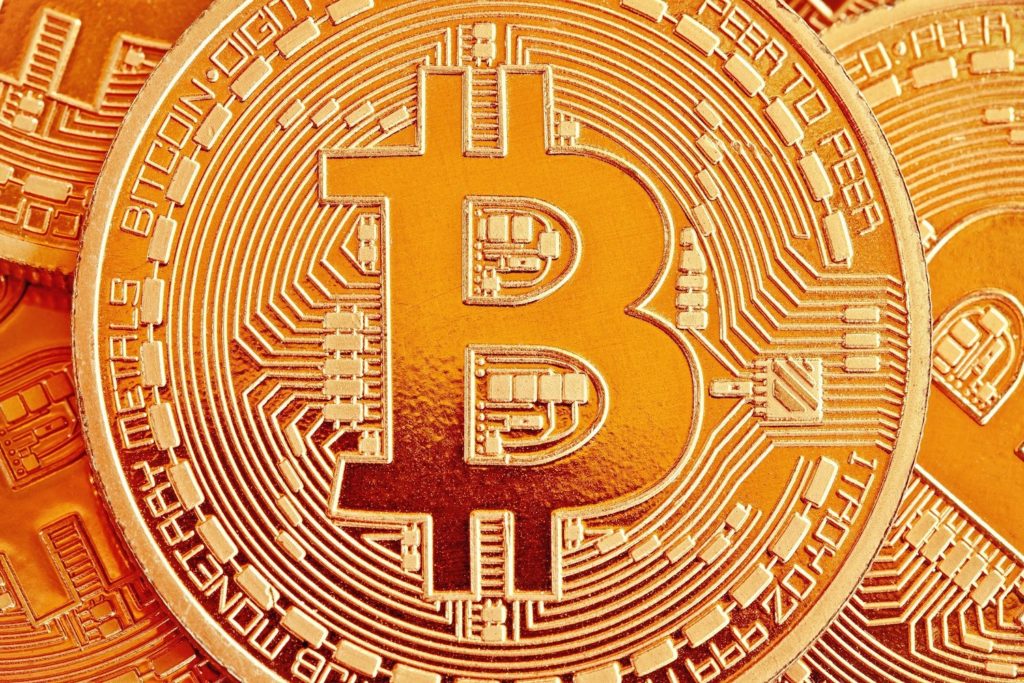 Pakistan is the latest nation to place its future in the hands of Bitcoin. Drafting key consultants to assist, they will use excess energy to power Bitcoin mining. But is this too big a gamble for the struggling economy?
Pakistan is the latest nation to place its future in the hands of Bitcoin. Drafting key consultants to assist, they will use excess energy to power Bitcoin mining. But is this too big a gamble for the struggling economy?
Energy is abundant in Pakistan. Despite poor electrical infrastructure, the country actually has an excess of power. There are now plans to drag its economy into the modern era by employing this resource to mine Bitcoin. However, there are lessons that need to be learnt as not all may be what it seems with this golden ticket.
Pakistan’s Bitcoin Bet
Pakistan has set out its aims to create a Sovereign Bitcoin Reserve. It will be powered by the excess power the country has. It is expected that this will be a clever use of its resources and will gradually attract foreign investment in the country. Yet despite having excess energy, Pakistan has a weak power grid, and there are warnings that it could become overloaded. Worries are also that it will open the capital to the inherent volatility in cryptocurrency. The argument against this is that it is diversifying the economy and is moving away from the US dollar.
The move away from a traditional asset class seems revolutionary, though it is one that has quickly been adopted by everyone from US States to coffee sellers in the past year. This has managed to drive prices upward, to a new high of $111,814. The Bitcoin price live shows that today it is resting at the $106,489 mark. However, there are voices saying this is not the end of the cycle and that further institutional adoption, such as this, may push it even higher.
Currently, Pakistan has 2,000 megawatts (MW) of excess electricity that will come from three underused coal-powered plants. These could provide enough power to generate 17,000 BTC per year. The Pakistan Crypto Council is known to have had several meetings with crypto mining firms. It is believed there are already around 15 to 20 million cryptocurrency users in the country. The PCC has noted that the aim is to monetise unused energy, create jobs and drive investment.
Assistance from Michael Saylor
The country has even hosted a meeting with Michael Saylor, arguably the king of the Bitcoin Treasury. As the CEO of software company Microstrategy, in August 2020, the company began to swap its cash assets for Bitcoin. It is now the largest corporate holder, with a business model focused more on its acquisition than on making software. His company now holds 582,000 BTC. The recent boom in the price of the coin has led to a rise in prices for his company’s shares.
It is believed that representatives of the government stressed the need for the country to become a digital leader. Saylor was known to have praised their approach. He also added that Bitcoin was “the strongest asset for long-term national resilience.”
There have been other prominent voices in favour. Siddarth Bharwani, the manager of JetKing, an IT Education firm that was the first in India to adopt a Bitcoin treasury, has expressed shock at the news. He believes it was impressive to see a country such as Pakistan, which is not economically stable, make such a bold move. He also added that India needs to take notice or get left behind by its neighbours.
The El Salvador Lesson
In 2022, Pakistan experienced a huge economic crisis. This caused rises in food, oil and gas. A support programme from the IMF staved off total collapse, and though there are signs of recovery, such as its lowest inflation rate in 30 years (0.7% as of April 2025), it is still on a knife-edge.
As a result, Pakistan must tread carefully. It is following a very similar path to that of El Salvador, hedging its flailing economy on Bitcoin. That did not end well.
In September 2021, El Salvador became the first country to accept Bitcoin as legal tender. The aim was to promote financial inclusion and investment. However, with a poor economy behind it, the IMF was left to bail out the country. This was at the cost of many of its Bitcoin measures being curbed.
The main problems came from people’s mistrust of the asset. Around 8 out of 10 citizens never used Bitcoin and instead preferred the US Dollar. However, its inherent volatility must have also played a huge part.
While Pakistan is not installing it as legal tender, it is betting on crypto being a golden ticket. Yet El Salvador shows that with economies that are already fragile, this bet does not always pay off. Bitcoin is currently vanishing from markets as companies and countries clamour to buy it. Yet it will only take one sell-off from a whale, or a Bitcoin treasury company, to go into administration, and the price could drop. This would be disastrous, and diversification of assets must be their primary focus.





















